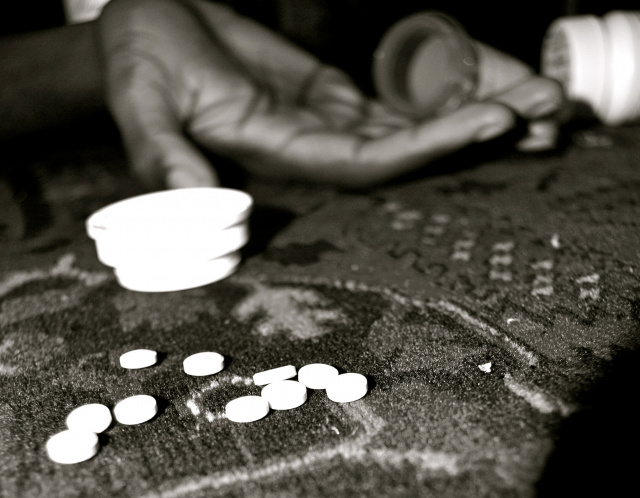WASHINGTON D.C. – Portman, Carper Unveil New Investigative Report on 60 Minutes, Reveal Drug Manufacturer Profiting Off Taxpayers During Opioid Crisis

Drug Manufacturer Kaléo Increased Price of Naloxone by More Than 600 Percent During Opioid Crisis, Costing Taxpayers $142 Million in Just Four Years
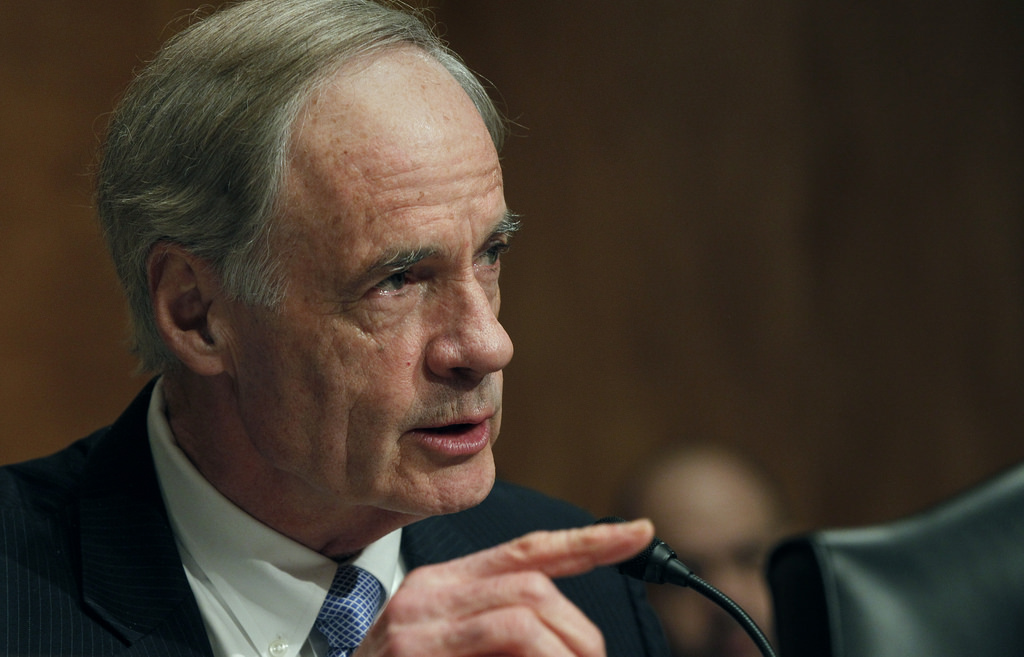
A new report that aired tonight on CBS News’ 60 Minutes highlighted the findings of a new investigative report released this evening by U.S. Senators Rob Portman (R-OH) and Tom Carper (D-DE), the chairman and ranking member of the Permanent Subcommittee on Investigations (PSI), into the cost of naloxone – the prescription drug used to revive individuals who overdose on opioids.

The new PSI report details how drug manufacturer kaléo exploited the opioid crisis by increasing the price of its naloxone drug EVZIO by more than 600 percent by 2016 (from the initial price of $575 per unit to $3,750 and then to $4,100 11 months later), launching a new distribution model planning to “capitalize on the opportunity” of “opioid overdose at epidemic levels.” The company’s sales force focused on ensuring doctors’ offices signed necessary paperwork indicating that EVZIO was medically necessary, ensuring the drug would be covered by government programs like Medicare and Medicaid. The plan worked, resulting in increased costs to taxpayers, to date, totaling more than $142 million in just the last four years, despite the fact that less costly versions of naloxone exist.
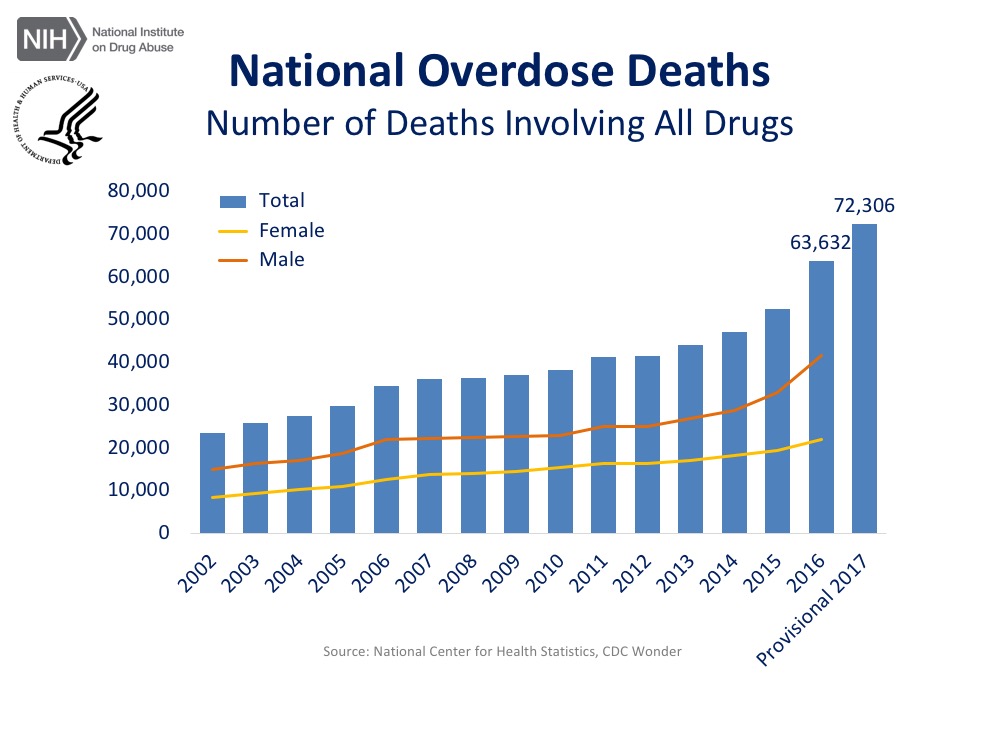
“Naloxone is a critically important overdose reversal drug that our first responders have used to save tens of thousands of lives,” said Senator Portman. “The fact that one company dramatically raised the price of its naloxone drug and cost taxpayers tens of millions of dollars in increased drug costs, all during a national opioid crisis no less, is simply outrageous. The Subcommittee will continue its efforts to protect taxpayers from drug manufacturers that are exploiting loopholes in the Medicare and Medicaid system in order to profit from a national opioid crisis.”
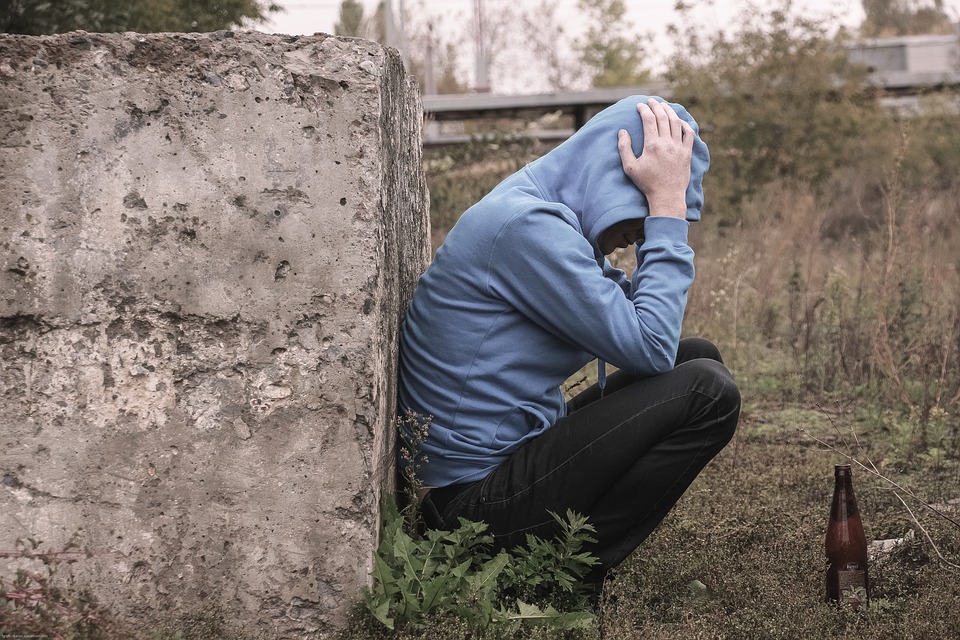
“Our country is grappling with one of the most lethal public health crisis in our history. The opioid crisis has afflicted communities across our country indiscriminately – wealthy and poor areas, urban and rural areas, on the coasts and in the heartland. Last year, first responders in New Castle County – the largest county in Delaware – were dispatched to respond to a drug overdose every 80 minutes. Too many families in my home state and across our country have lost loved ones to fatal overdoses that could have been prevented. The fact that, in the midst of this crisis, some would take advantage of loopholes in our system to profit off of this heartbreaking epidemic is absolutely unacceptable and shameful,” said Senator Carper. “We know that naloxone can save lives. We need to take the necessary steps to ensure that drugs like this are affordable and accessible to those in need, especially during a public health emergency of this magnitude. Senator Portman and I will continue working together to root out systemic problems contributing to this crisis, find solutions at the federal level, and hold any bad actors accountable.”
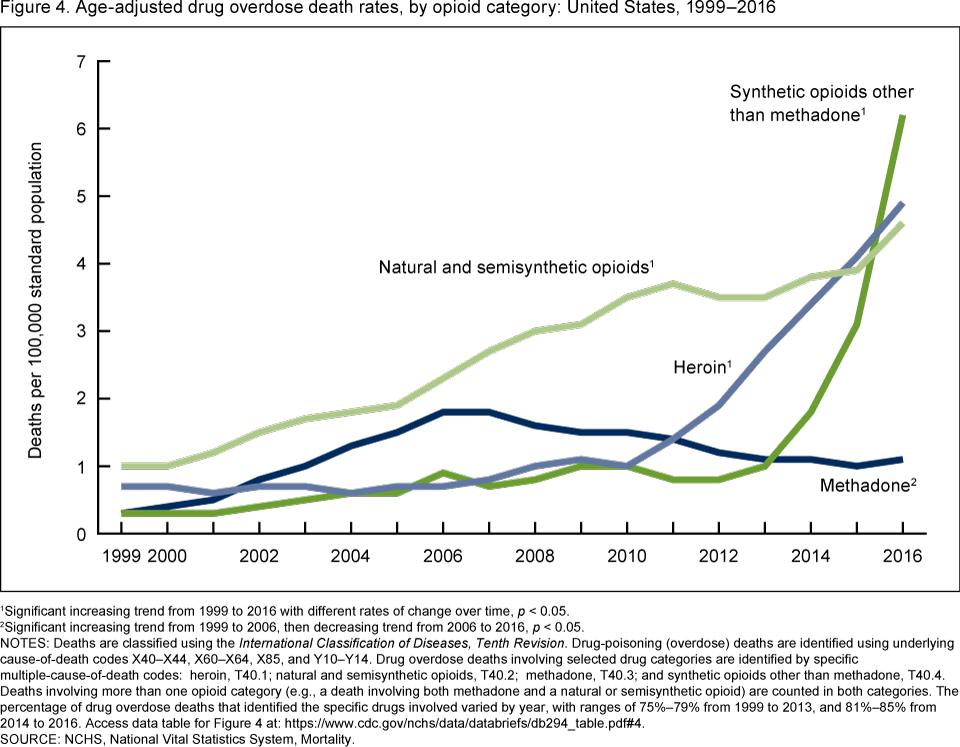
KEY FINDINGS IN THE REPORT
· With sluggish sales of its EVZIO drug at its initial list price of $575, kaléo implemented a new distribution model proposed by consultant Todd Smith that increased the price by more than 600 percent by 2016 (from $575 per unit to $3,750 and then to $4,100 11 months later).
· Mr. Smith previously installed his distribution model at Horizon and Novum pharmaceutical companies, where he drastically raised drug prices at those companies.
· According to company documents, Mr. Smith’s new distribution model for EVZIO was designed to “capitalize on the opportunity” of “opioid overdose at epidemic levels.”
· As part of the distribution model, the company’s sales force focused on making sure doctors’ offices signed necessary paperwork indicating that EVZIO was medically necessary, which ensured the overdose reversal drug would be covered by government programs like Medicare and Medicaid.
· Before kaléo increased the price of EVZIO, industry experts recommended a price between $250-$300 for the product, telling the company it would “own the market” at that price.
· One of the industry experts advising kaléo to charge a lower price for EVZIO went on to work with Adapt to price Narcan at $125, which has now cornered the market at that price.
· Kaléo states its cost for an EVZIO is roughly $174, which includes $52 in manufacturing, $29 in overhead and $93 in “obsolescence.”
· Kaléo’s new distribution model worked. EVZIO fill rates jumped from 39 percent to 81 percent. While kaléo said its new model focused on commercially-covered patients, the majority of its initial revenues were from Medicare and Medicaid, and the resulting cost to taxpayers, to date, has been $142 million despite the fact that much less costly alternatives are available.
· Kaléo paid Mr. Smith and his partner Mr. Bove (through their consulting firm Underhill) more than $10.2 million for around two years of work. The rate was based on revenue generated by their distribution model.
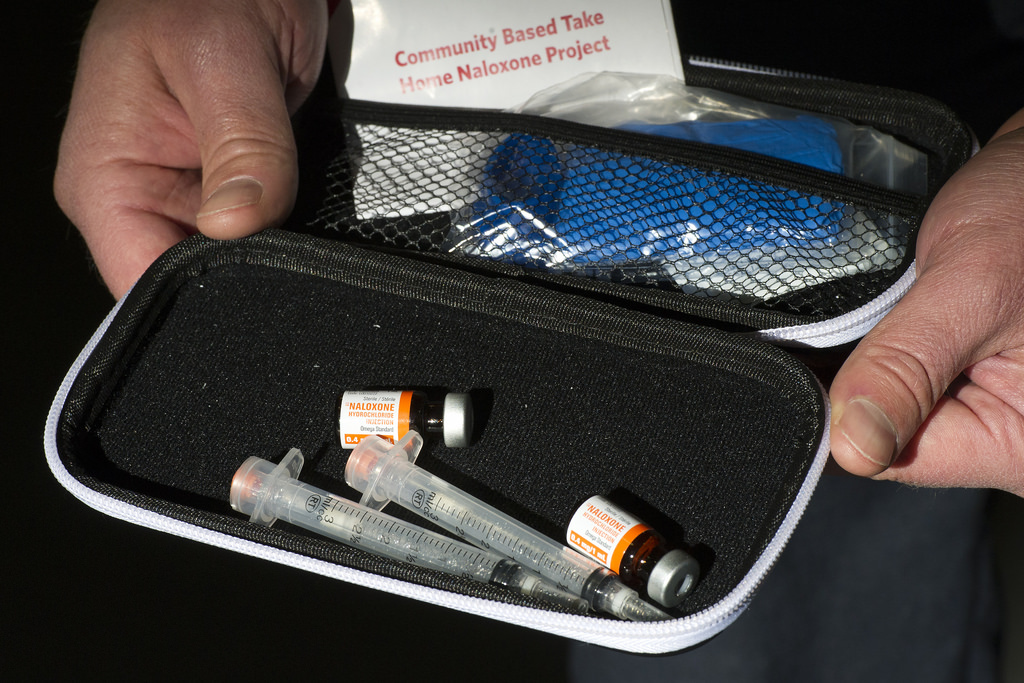
LEGISLATIVE RECOMMENDATIONS IN THE REPORT
· The Centers for Medicare & Medicaid Services (CMS) should review its policies governing physician use of medical necessity formulary exceptions for Medicare Part D to prevent companies from inappropriately influencing prescribing.
· Congress should mandate a three-day limit on opioid prescriptions, consistent with Centers for Disease Control and Prevention (CDC) recommendations.
· Congress should require all states to utilize prescription monitoring programs (PDMPs) for opioids and other dangerous drugs that are authorized to freely share data among states.
· Congress should require CMS to improve transparency regarding the total amount spent for drugs purchased by government health care programs.
· Congress should allocate funding for research to develop innovative, more potent opioid overdose reversal drugs and non-opioid pain relief drugs.
· Congress should allocate funding for state and local governments to train members of the public on the use of generic and brand name naloxone products.
· States should consider changing laws to authorize and train emergency medical technicians and other first responders to administer naloxone.


